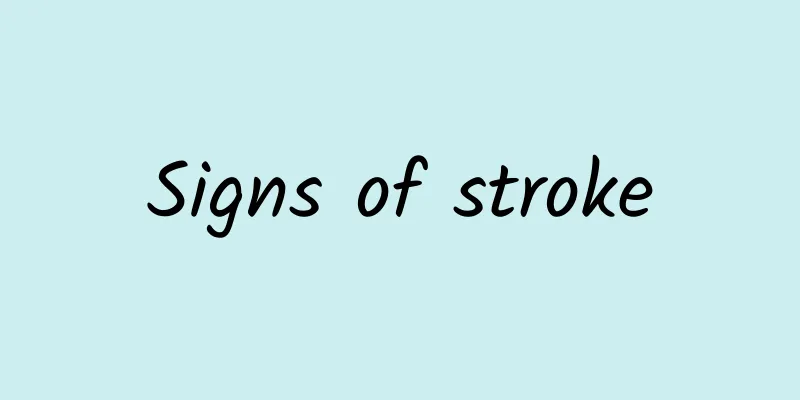Causes of oily hair

|
There are many reasons for excessive oiliness in hair. Some people have a constitution that secretes more oil. If you don't pay attention to oil control and don't wash your hair in time, it may lead to excessive oil, making your hair feel dirty and greasy. In addition, poor diet, frequent consumption of greasy food, lack of attention to personal hygiene, high psychological pressure, etc. may all lead to such a phenomenon. Causes of oily hair Oily scalp is prone to occur, generally due to the following points: 1. The concept of washing hair is not quite right. Some elders believe that hair should not be washed often. They even tell the younger generations that frequent washing of hair will cause migraines. In fact, this statement is wrong. If you feel your hair is starting to get oily, it's a reminder that it's time to wash your hair, especially for girls with long hair. It's okay to wash your hair twice a day. 2. Excessive stress. Stress and anxiety can cause excessive secretion of sebaceous glands, especially for today's working women who are busy with their careers on the one hand and have to deal with housework when they return home. Such a long-term lifestyle can easily lead to increasing stress and excessive secretion of sebaceous glands, making the hair oily. 3. Excessive use of chemical hair products Before using hairspray and styling spray to style your hair, if your hair is already too oily, isolating your hair from air for a long time will make your scalp even more oily. 4. Abnormal living and eating habits. Abnormal living and eating habits can easily lead to picky eating due to unbalanced nutrition intake, making hair fragile. You must not ignore it. If it is not treated quickly, the hair follicles will be blocked, dandruff will increase, and in severe cases, it may even lead to hair loss.Treatment for oily hair 1. When washing your hair, avoid pouring shampoo directly onto your scalp. This will not only make it difficult to clean, but will also damage your hair over time. 2. Pour the shampoo into the palm of your hand, rub it to form bubbles, then apply it evenly on your hair, and rub it gently in circular motions. 3. Do not scratch your scalp directly with your fingernails, as this will cause inflammation of the hair follicles. The correct way is to gently massage with your fingertips, applying a little more force on the dirty or itchy areas. 4. Don’t use very hot water when flushing. Although hot water has a strong dissolving ability, it can also cause great damage to the scalp. So if you are worried about shampoo residue, you can rinse it several times with warm water. |
<<: What kind of wine is best for soaking mulberries?
>>: What to do if white oil comes out of your scalp after scraping
Recommend
What are the effects of drinking dandelion and wolfberry in water?
Dandelion and wolfberry are common nourishing foo...
The efficacy of hirudin
Hirudin is the active ingredient secreted by leec...
What to do if you are allergic to safflower oil
I believe everyone is familiar with safflower oil...
What should I pay attention to in my diet for antral gastritis?
Antral gastritis, also known as chronic non-atrop...
The efficacy and function of eating dried red dates
The physical fitness of female friends is inheren...
Chinese medicine tells you 7 signs of poor health
Under the heavy life and strong pressure, is your...
Why do you lose your hair in autumn? What are the reasons?
In autumn, some friends will find that their hair...
Repair of narrow double eyelids
After double eyelid surgery, the double eyelids m...
How to treat acute cerebral infarction? Two methods are very effective
Clinically, during the acute phase of cerebral in...
How much do you know about the functions of sunscreen products?
Sun protection is the most important step in whit...
Can I keep the baby if I get pregnant again after an abortion?
Many people suffer from unwanted pregnancies duri...
Chickenpox precautions
I believe that many people have suffered from chi...
What medicine should I take for liver and gallbladder damp-heat and bitter mouth?
In traditional Chinese medicine, damp-heat in the...
What to do if you have acid vomiting during pregnancy
During pregnancy, especially in the early stages ...
What anti-inflammatory medicine should I take if my front teeth are injured and inflamed?
Teeth are a very important part of our body. Chew...









